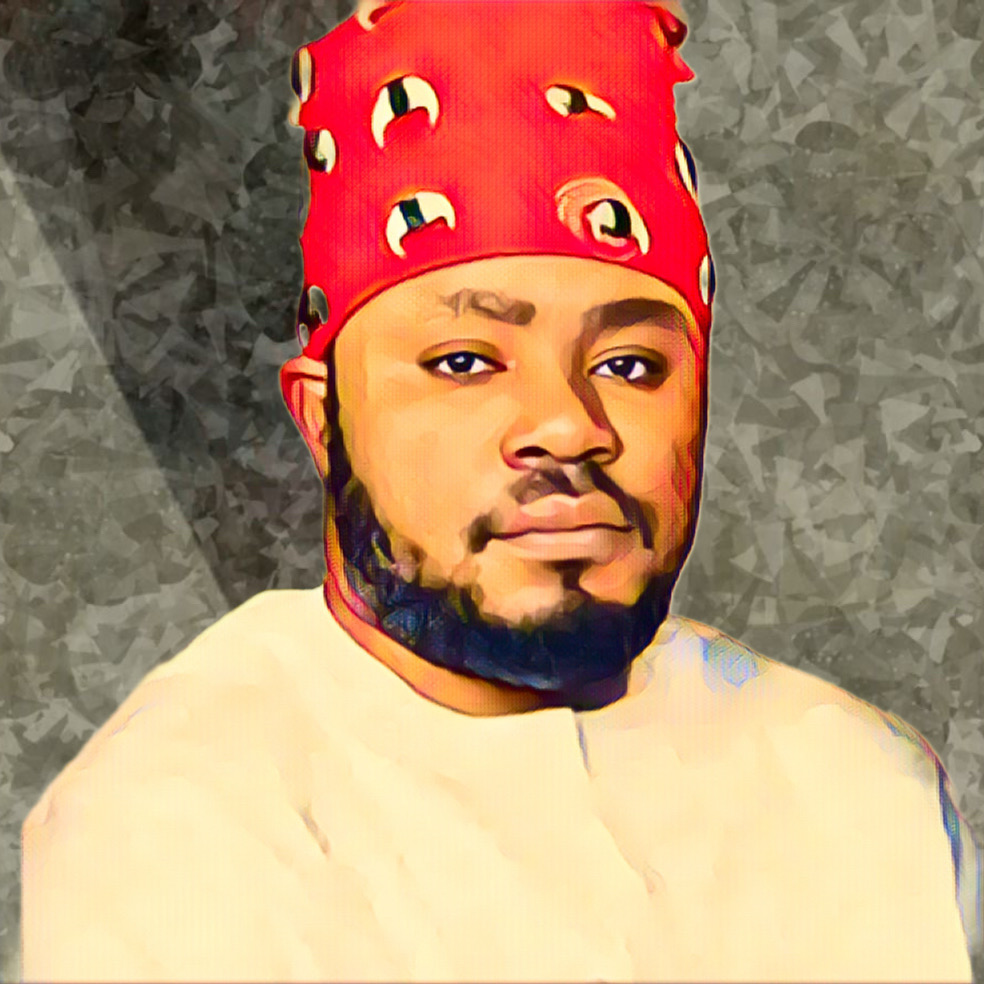KEY POINTS
- Lawmakers believe the Marine Corps would create confusion and overlap.
- Agencies advocate for strengthening current maritime security structures.
- Civil society groups warn the plan could worsen inefficiencies.
A plan to create the Nigerian Marine Corps has faced strong opposition from lawmakers, maritime agencies, and civil society groups. At a public hearing on Monday, 66 members of the House of Representatives, the Nigerian Maritime Administration and Safety Agency (NIMASA), the Nigerian Shippers Council, and others argued that the proposal would be unnecessary and wasteful.
The bill, titled “An Act to Establish the Nigerian Marine Corps to Promote Maritime Security (HB 225),” was introduced by Rep. Alex Egbona from Cross River State. It seeks to establish a new federal body to handle maritime law enforcement and defense. The bill passed its second reading in November 2023 and was referred to the House Committee on Navy for further review.
Why the bill faces opposition
Deputy House spokesperson, Hon. Philip Agbese, speaking on behalf of many lawmakers, said the proposed Marine Corps would duplicate the work already being done by the Nigerian Navy and other maritime agencies.
“This bill would only create confusion, overlap responsibilities, and add unnecessary costs to the government,” Agbese said. “We believe it’s better to strengthen the existing agencies instead of creating another one.”
According to a report by the Guardian, Agbese also pointed out that agencies like NIMASA and the Nigerian Navy are already responsible for maritime security, environmental management, and wartime readiness. He stressed the importance of avoiding redundant structures within government.
Maritime and security agencies weigh in
The Nigeria Police Force also expressed concerns about the bill. Representing the force, SP Nandom Vongjen explained that the Marine Section of the police already handles some of the duties outlined in the proposed bill.
“The Marine Corps may sound like a good idea, but it will create more problems than it solves,” Vongjen said. “We should focus on improving the existing agencies and encouraging them to work better together.”
Rear Admiral Olusegun Ferreira of the Nigerian Navy agreed, saying the Marine Corps could weaken Nigeria’s maritime security by splitting responsibilities. Representatives from NIMASA and the Nigerian Shippers Council, including Mrs. Moji Jimoh and Mr. Bala Saleh, also stressed that building up current agencies is a smarter and more cost-effective solution.
Civil Society Groups speak out
Civil society organizations (CSOs) strongly opposed the bill as well. Abdullahi Bilal from the Security Analysts & Research Forum in Africa called the proposal “unnecessary” and warned that it might worsen security issues rather than solve them.
Other CSO leaders, like Okwa Daniel from the Centre for Social Justice and Igwe Ude-Umanta of the Coalition of Civil Society Organizations on Economic Watch, urged lawmakers to reject the bill when it goes for a final vote.
Committee promises fair review
Hon. Yusuf Gadgi, Chairman of the House Committee on Navy, assured Nigerians that the committee would carefully review the bill and make an impartial decision. “We will take our time to evaluate this proposal thoroughly. The committee will do its work without bias,” he said.
As the debate continues, critics of the bill are pushing for reforms within existing maritime agencies rather than the creation of a new body, emphasizing that collaboration and efficiency are key to improving maritime security.


